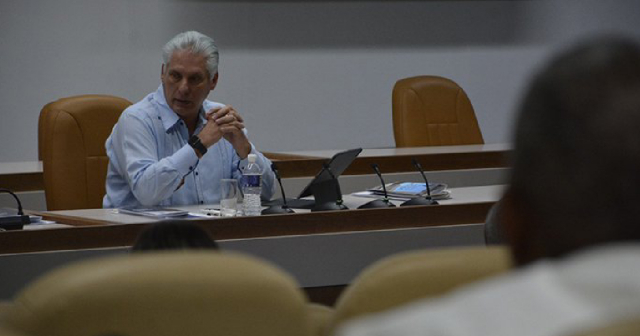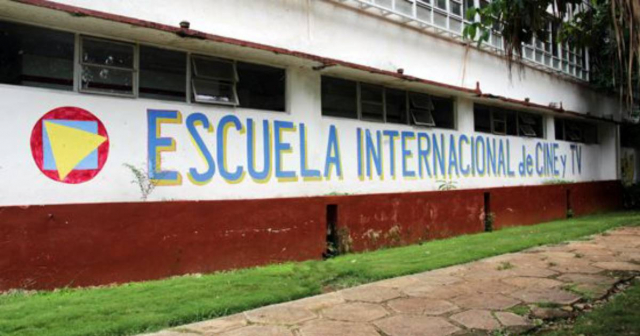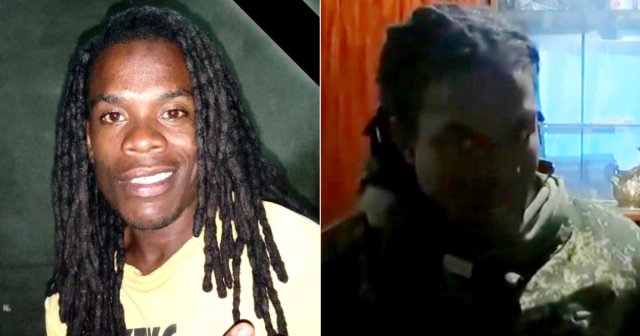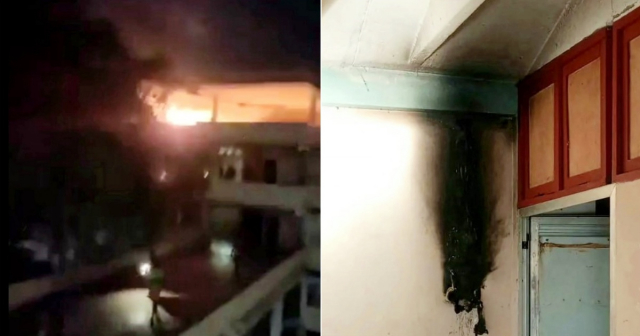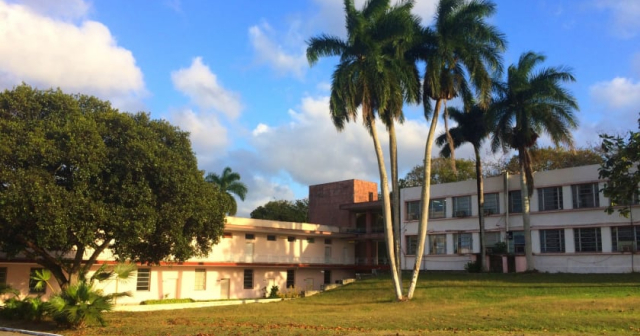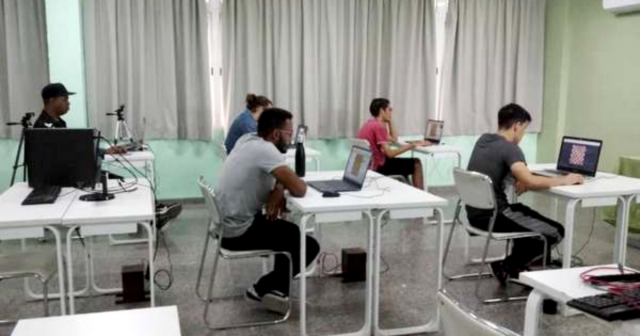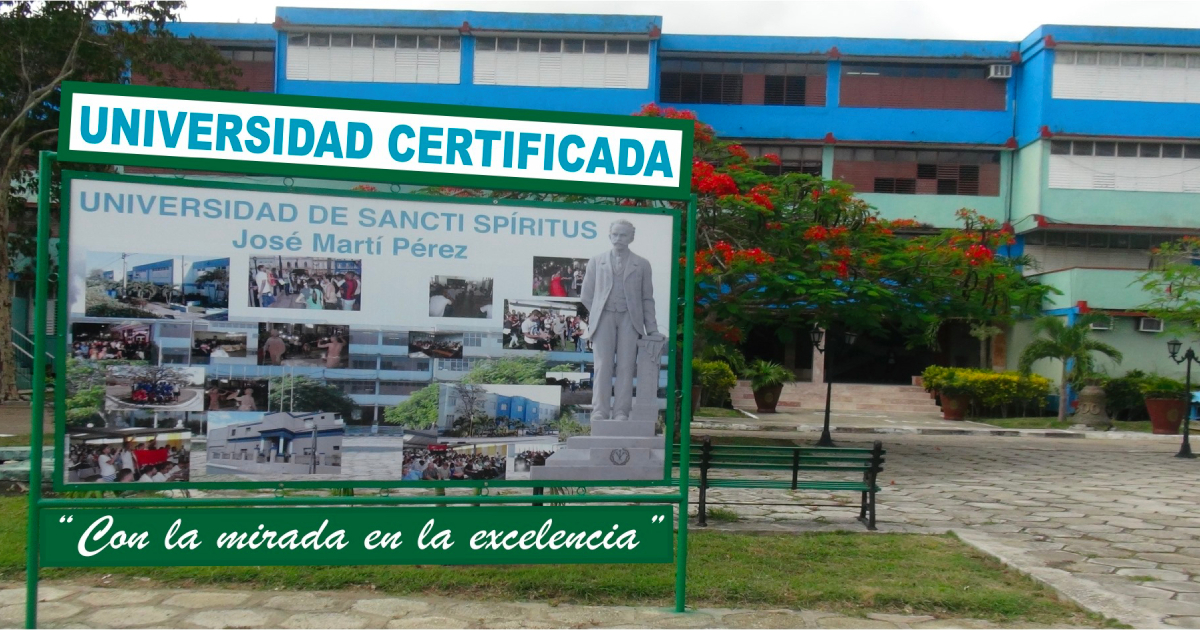
Several Cuban universities announced this Saturday that face-to-face classes will be suspended due to the fuel shortage in the country.
The Villa Clara University of Medical Sciences was the first to announce the measure, but other educational centers followed, such as the Agrarian University of Havana, the University of Holguín and the University of Medical Sciences of Cienfuegos, among others.
According to the information distributed through various social networks, the centers state that "given the current situation regarding the availability of fuel, it is necessary in the week of April 24 to 28, when the 2023 school year restarts after the teaching recess, work online".
This effect covers the Day Course (CD) and the Encounter modality (CPE) in the venues that include this method.
In the case of the Agrarian University of Havana "The Municipal University Centers (CUM) will decide according to their conditions if on Saturday, April 29, they could work in person." In addition, he noted that scholarship students will not enter the student residence.
For its part, the Board of Directors of the University of Holguin (UHo) informed the university community that, "based on the situation facing the country of fuel limitations and considering the geographical distribution of enrollment throughout the province", in the week of April 24 to 28, students will not They will move to the facility "and develop their teaching activities from digital platforms."
In addition, it postponed the entry of students from the University College of Journalism until further notice.
In an informative note, the University of Medical Sciences of Cienfuegos said that the teaching activities included in the week of April 24 to 30 are reorganized in all courses and training courses of the regular daytime course, given the energy contingency in the country.
"Terminal year students of all majors continue with face-to-face activities. Teaching activities move to the distance education modality with the use of the virtual classroom and the performance of integrated community work," he explained.
José Martí de Sancti Spíritus announced the same measure, adding that in this case it plans to restart in-person classes on May 2.
The “Marta Abreu” Central University of Villa Clara He also said that he was modifying the planning of the teaching activities planned for the week of April 24 to 28, 2023, due to the fuel shortage. They will be carried out virtually.
"Currently, students residing in other provinces and municipalities are at home enjoying the week of teaching recess, so they should not travel to the UCLV until May 2, the date on which the student residences are scheduled to open, to continue the course in person starting May 3," he detailed in an information note.
The University of Medical Sciences of that territory had already mentioned the need to "reorganize the teaching processes of all careers and training", because it was not possible for students and teachers to attend their classes normally.
This afternoon the regime suspended the sale of fuel throughout the province. The authorities of Villa Clara announced this Saturday that the sale of fuel to individuals was suspended due to not having the necessary availability.
Given the little fuel that is entering the territory, "it is only possible to guarantee the basic services of the population", such as "medical emergencies, obituary services, ambulances, hemodialysis, ETECSA and the Electric Company in the event of breakdowns, among others."
On Thursday, the director of the Energy Program for Latin America and the Caribbean at the University of Texas, Jorge Piñón, questioned the justifications of the Cuban regime in the face of the fuel crisis in the country and ruled out that the problem is in the supply, the deficiency of refineries or crude oil storage capacity.
The expert said that he was taken by surprise by the recent statements by the Minister of Energy and Mines, Vicente de la O, who attributed the crisis to the fact that suppliers "have not been able to fulfill the commitments they had" with Cuba.
Piñón believes that the Cuban government – which received more fuel in March than in January and February from its ally and supplier Venezuela – could be selling more gasoline than usual to the international market and compromising consumption in the country.
In recent days, Cubans have had to wait in endless lines at gas stations to buy fuel for their vehicles and the regime had rationed the sale to 40 liters of gasoline per car.
What do you think?
COMMENTFiled in:

